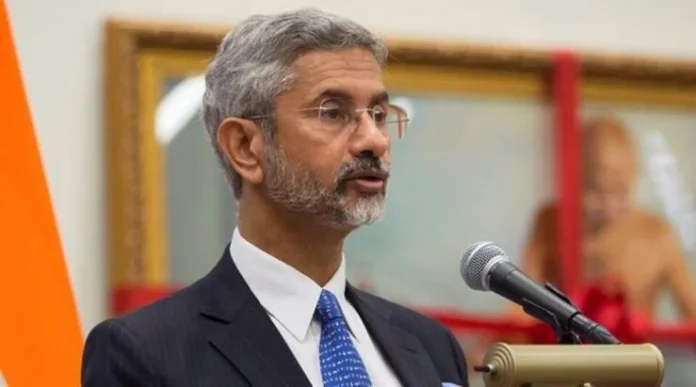New Delhi: In a veiled attack on Pakistan, External Affairs Minister S Jaishankar said that India cannot have SAARC (South Asian Association for Regional Cooperation) meeting until one member continues to engage in acts of terrorism, adding that India will not tolerate a situation where “terrorism happens by night and trade happens by day.”
While responding to the question about not hearing anything on SAARC, Jaishankar at India International Centre said, “You have not heard very much about SAARC because, in the last few years, there isn’t very much to hear about. We have not had meetings because you have a member of SAARC who doesn’t conform to all the basic requirements of what a good membership is, and that is today an obstacle reality for the SAARC to meet. You know I said we cannot continue with acts of terrorism and say the cooperation will continue to happen nevertheless.”
“So, I think there are issues there and it’s time to recognise the seriousness of those issues and not allow terrorism to happen by night and trade by day. I don’t think the country is well served by that,” he added.
Earlier also, Jaishankar had blamed Pakistan for SAARC not being an active organisation. In December 2022, Jaishankar in Varanasi said that the SAARC currently is not active because one member of the SAARC believes that dealing with “neighbours is compatible with the factors of cross-border terrorism.”
Notably, the SAARC is the regional intergovernmental organization of eight countries of South Asia: Bangladesh, Bhutan, India, Maldives, Nepal, Pakistan and Sri Lanka.
While talking about having good relations with other neighbouring countries but not with Pakistan, Jaishankar said that they can’t have a normal relationship because of cross-border terrorism.
“I would say Pakistan obviously is the exception when it comes to the neighbourhood. Again, it needs very little explanation. The fact is that we cannot allow terrorism to be normalised. We cannot allow that to become the basis for getting us into discussions with Pakistan. So I don’t think to me, it’s a fairly common-sense proposition,” Jaishankar said.
“In fact, if anything, I’m still a little perplexed by why we had not arrived at this position earlier. But we have arrived at it now. And the issue really is that until there is a departure from I would say an abrogation of this policy of cross-border terrorism. Clearly, it is not possible to have a normal relationship with that particular neighbour,” he added.









